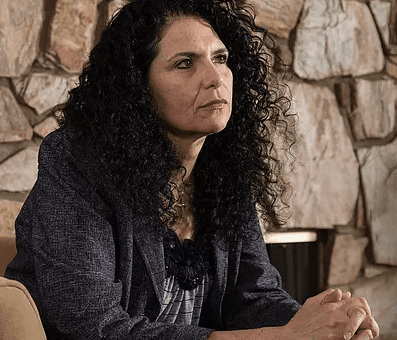NEW YORK — In a symposium on the issues and controversies surrounding marijuana, internist and telemedicine physician Sue Sisley, MD, discussed the design and aim of her FDA-approved phase 2 study of cannabis for PTSD in U.S. military veterans.
Sisley, who was terminated from the University of Arizona after becoming the principle investigator on the cannabis study, said she was anti-cannabis for many years of her life, though the veterans she was treating touted the drug’s benefits on various symptoms they experienced.
“I was dismissive and judgmental, then I started losing a lot of vets in my practice to suicide, and it became a big wake-up call,” she said. “… The veteran community has a higher rate of prescription drug overdose, and many vets discovered they can substitute cannabis for the more addictive medications they’ve been prescribed, which is how we started to examine this.”
The study, which is funded by a $2.15 million grant from University of Colorado, is the first controlled clinical trial in the world to evaluate smoked medical cannabis as treatment for PTSD.
After what Sisley described as a 7-year struggle with the government, she finally received the “golden ticket” to begin her research.



